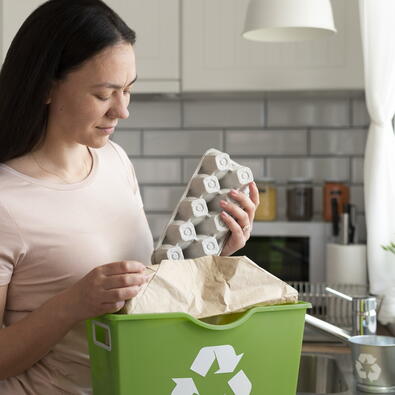
How to Reduce Household Waste: Practical Tips for a Greener Home
Let’s face it—trash happens. From snack wrappers to delivery boxes, household waste piles up fast. But the good news? You don’t have to overhaul your entire lifestyle to make a difference. By adopting a few simple changes, you can reduce household waste, save money, and help the planet breathe a little easier.
Here’s your ultimate (and fun) guide to building sustainable household habits—without turning your kitchen into a composting science lab… unless you’re into that.
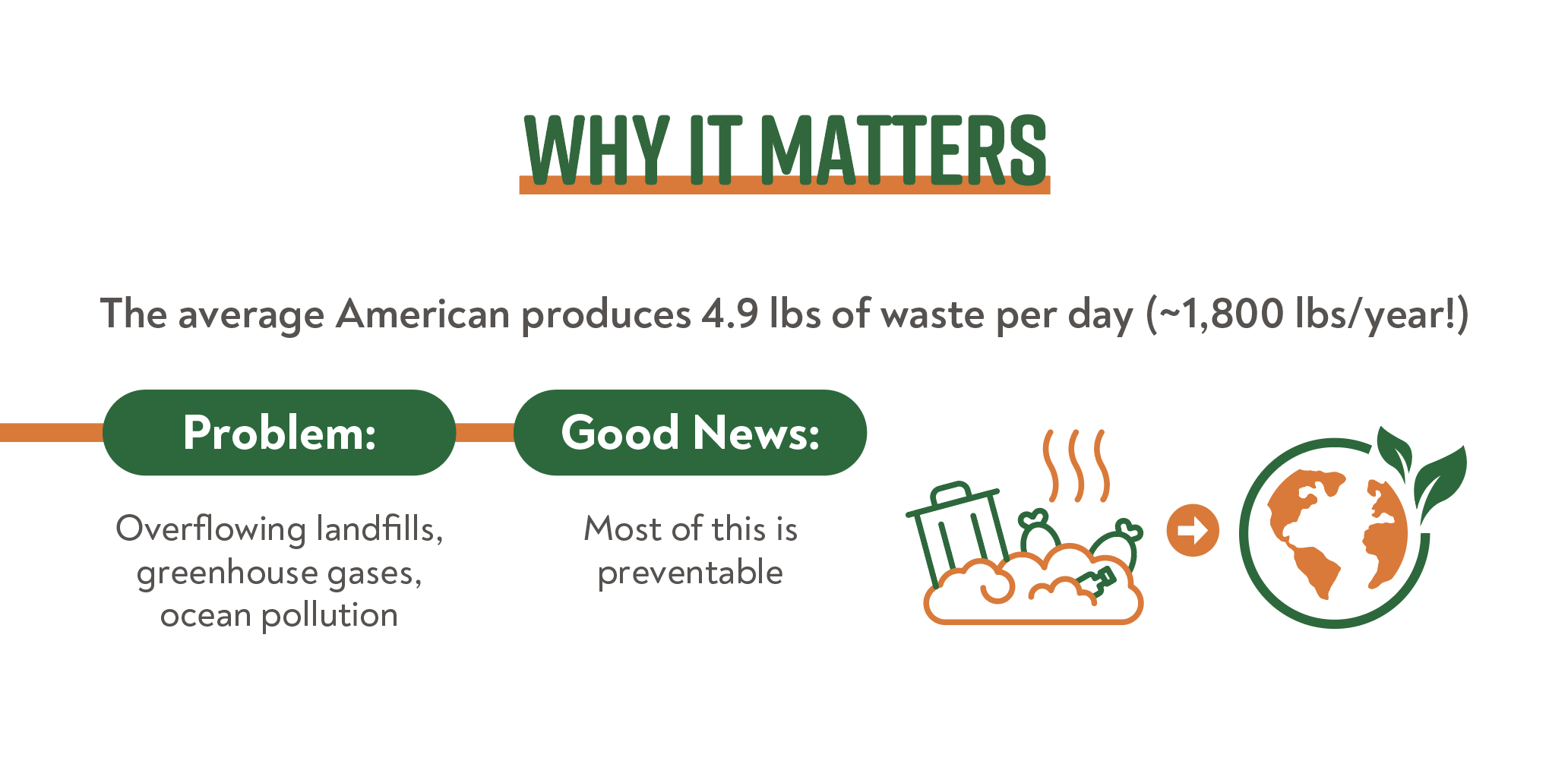
Why Does Reducing Household Waste Matter?
According to the EPA, the average American produces about 4.9 pounds of waste per day. That’s nearly 1,800 pounds a year—per person! And while recycling helps, roughly 146 million tons of waste still end up in landfills annually.
The environmental impact? Greenhouse gas emissions, overflowing landfills, and ocean pollution. But here’s the upside: most of that waste is preventable.
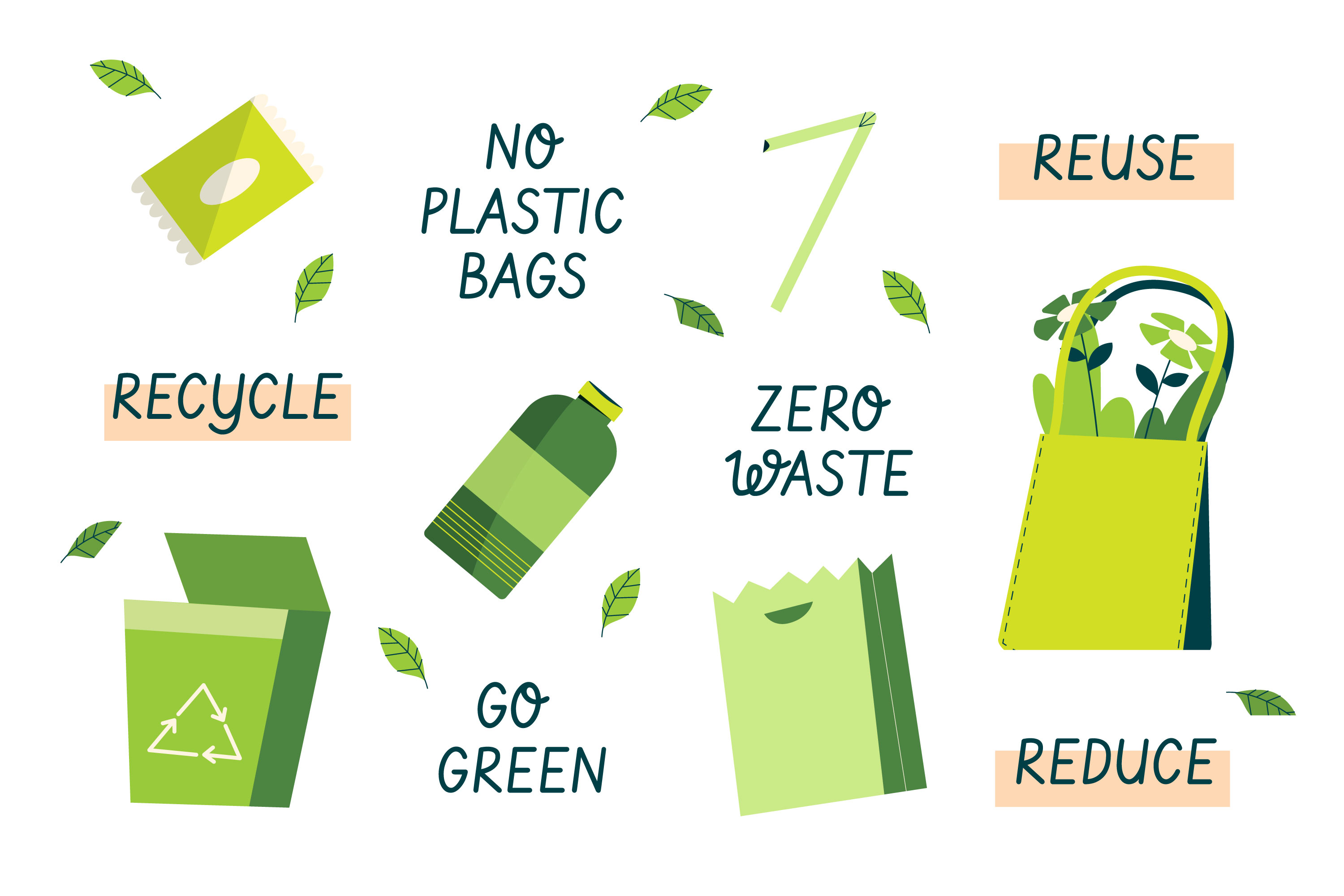
7 Simple Ways to Reduce Household Waste

1. Get Friendly with Reusables
Swap single-use items (looking at you, plastic water bottles) for reusables like:
- Stainless steel water bottles
- Cloth napkins
- Reusable food wraps
- Shopping totes (bonus points for cute patterns)
Not only does this reduce trash, but it also saves money in the long run. Plus, you’ll look like an eco-hero at the farmer’s market.

2. Compost Like a Boss
Composting might sound intimidating, but it's really just controlled rotting—with benefits. Toss your veggie scraps, eggshells, coffee grounds, and yard waste into a bin, and boom—you’ve got black gold for your garden.
Fun fact: Composting can reduce your waste by up to 30%!
Not sure how to get started with composting? Check out our Composting 101 guide.

3. Recycle Right (No Wish-Cycling!)
Wish-cycling is when you throw something in the recycling bin hoping it can be recycled. Spoiler alert: that’s a no-go. Check your local recycling rules, rinse containers, and skip greasy pizza boxes—they belong in the trash.

4. Buy in Bulk (Minus the Bulk Packaging)
When possible, shop at bulk stores using your own containers. You’ll avoid unnecessary packaging and reduce food waste by buying only what you need.

5. Go Digital
Say goodbye to junk mail, printed receipts, and paper bills. Switching to digital everything is one of the easiest sustainable household habits you can adopt.

6. Love Your Leftovers
Food waste is a massive problem—roughly 30-40% of the U.S. food supply ends up wasted. Get creative with leftovers, freeze extras, and plan your meals to use what you already have.
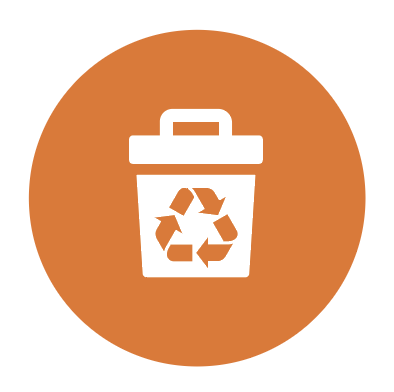
7. Start a Zero-Waste Kit
Want to level up? Create a zero-waste kit for on-the-go:
- Reusable utensils
- A cloth napkin
- A travel coffee mug
- A small container for leftovers or snacks
It's one of the easiest tips for a zero-waste home that extends beyond your front door.
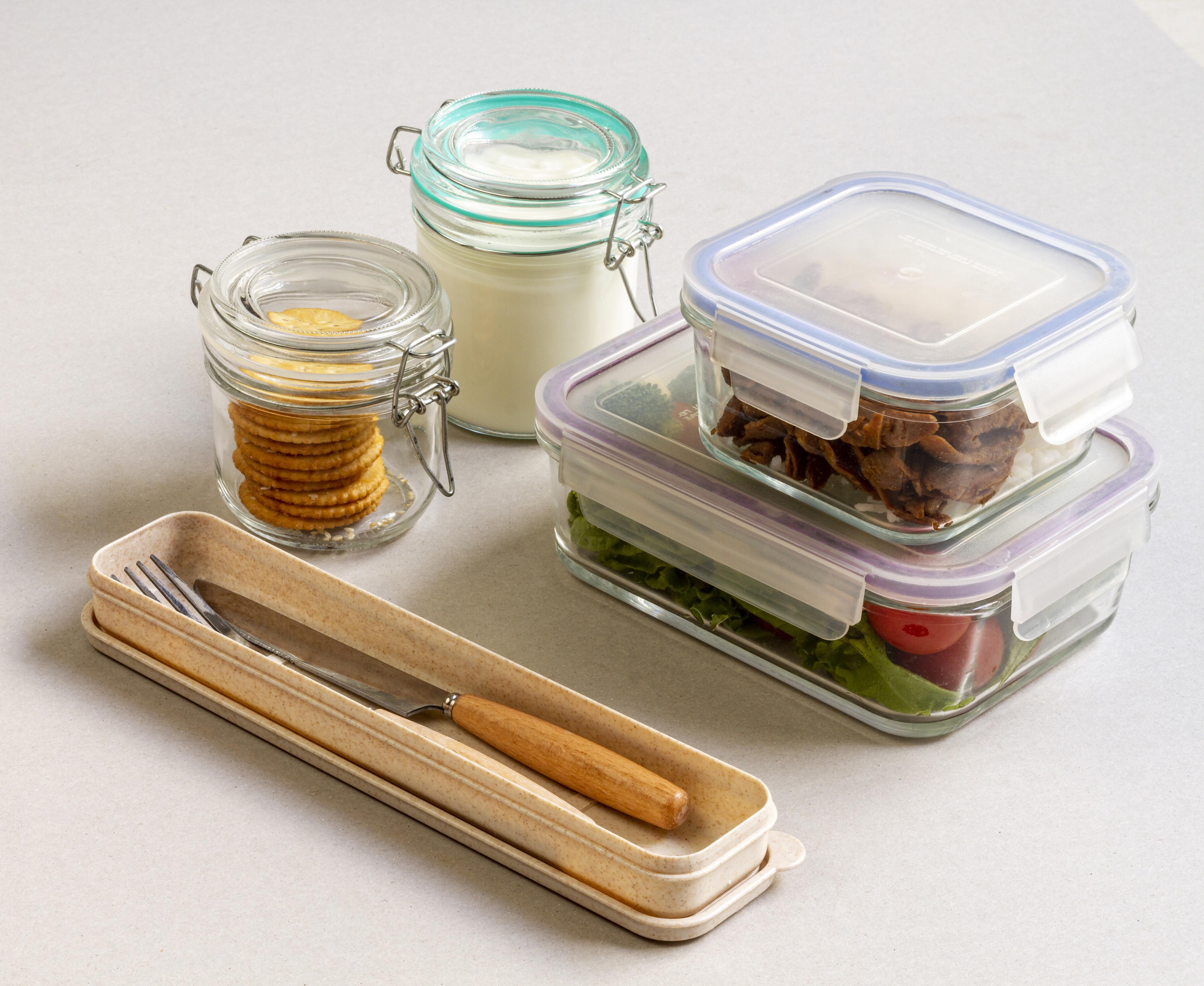
The Ripple Effect of Small Changes
Each swap may feel small, but collectively, they add up:
- 1 reusable bag can eliminate over 700 plastic bags per year
- 1 water bottle = saving 167 disposable bottles annually
- Home composting can divert 400 pounds of waste per household every year
Imagine the impact if millions of people made these changes!
Ready to Reduce Household Waste?
Reducing waste doesn’t have to be overwhelming or boring. With a little creativity and commitment, you can create a more sustainable home—and have fun doing it. So whether you’re just starting out or looking to level up, these tips for a zero-waste home can help you turn trash into triumph.
Remember: progress over perfection. Even one habit change is a step toward a cleaner, greener world.
Similar Articles You Might Like
- Declutter & Give Back: Eco-Friendly Spring Cleaning Tips for a Greener Home
- Earth-Friendly Moving: Eco-Conscious Practices for a Sustainable Move
- Eco-Friendly Moving Made Easy: How to Reduce, Reuse, and Recycle During Your Move
Looking for an eco-friendly company to help with any heavy lifting around your home? College HUNKS Hauling Junk & Moving will donate or recycle up to 70% of items removed from your home. We're committed to keeping unnecessary waste out of landfills—so you can feel good about clearing space while caring for the planet.
